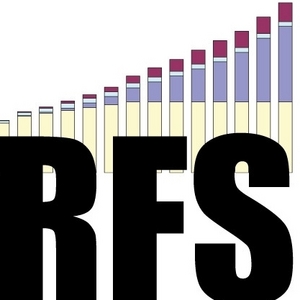U.S. EPA delays 2014 RVO determination until next year




November 21, 2014
BY Sue Retka Schill
Advertisement
Advertisement
Related Stories
Valero Energy Corp. on April 25 announced that its SAF project in Texas is progressing ahead of schedule and expected to be operational this year. The company also reported its ethanol and renewable diesel operations were profitable during Q1.
The American Transportation Research Institute on April 23 released a new report that analyzes the benefits of employing renewable diesel (RD) as an alternative to battery electric vehicle (BEV) trucks.
The Transport Project and Coalition for Renewable Natural Gas (RNG Coalition) on April 24 announced that 79%of all on-road fuel used in natural gas vehicles in calendar year 2023 was RNG surpassing the previous year’s record-breaking level.
Vertimass on April 23 announced that the U.S. EPA has approved registration for blending up to 20% of Vertimass green gasoline with conventional gasoline. This new renewable gasoline product, VertiGas20, is made from renewable ethanol.
Origin Materials on April 3 announced the successful conversion of wood residue feedstock, such as wood chips, shavings and sawdust, into sustainable intermediates at Origin 1, its first commercial-scale plant.





